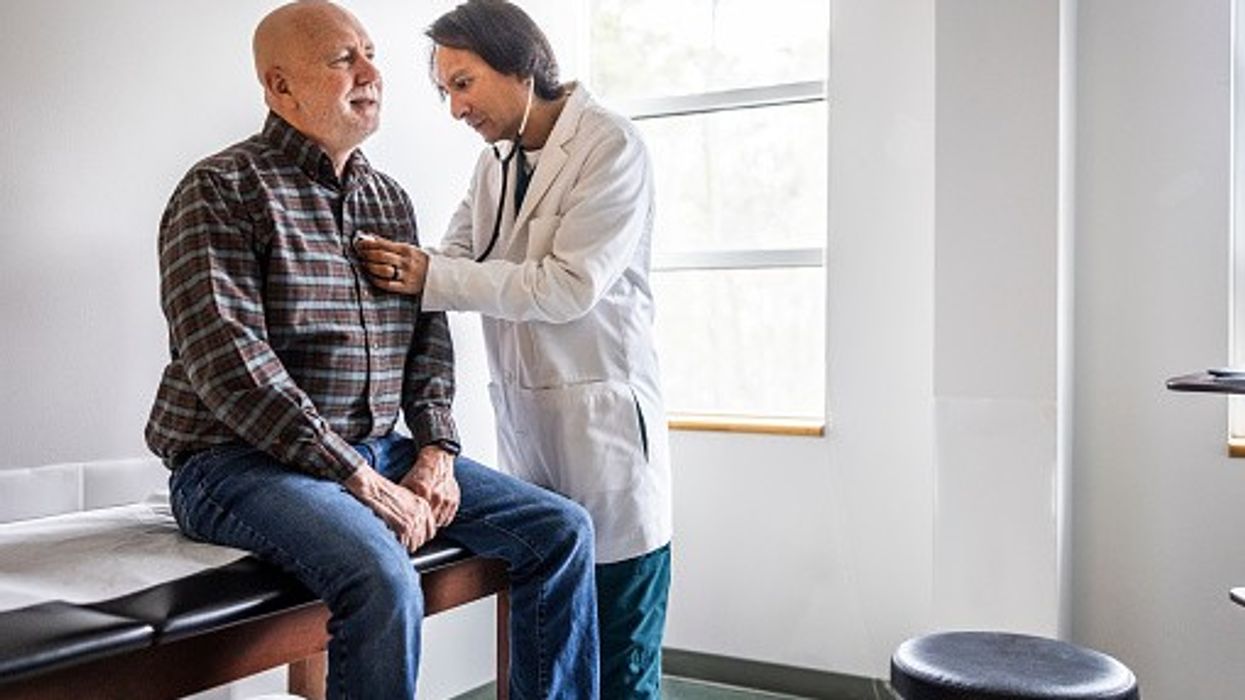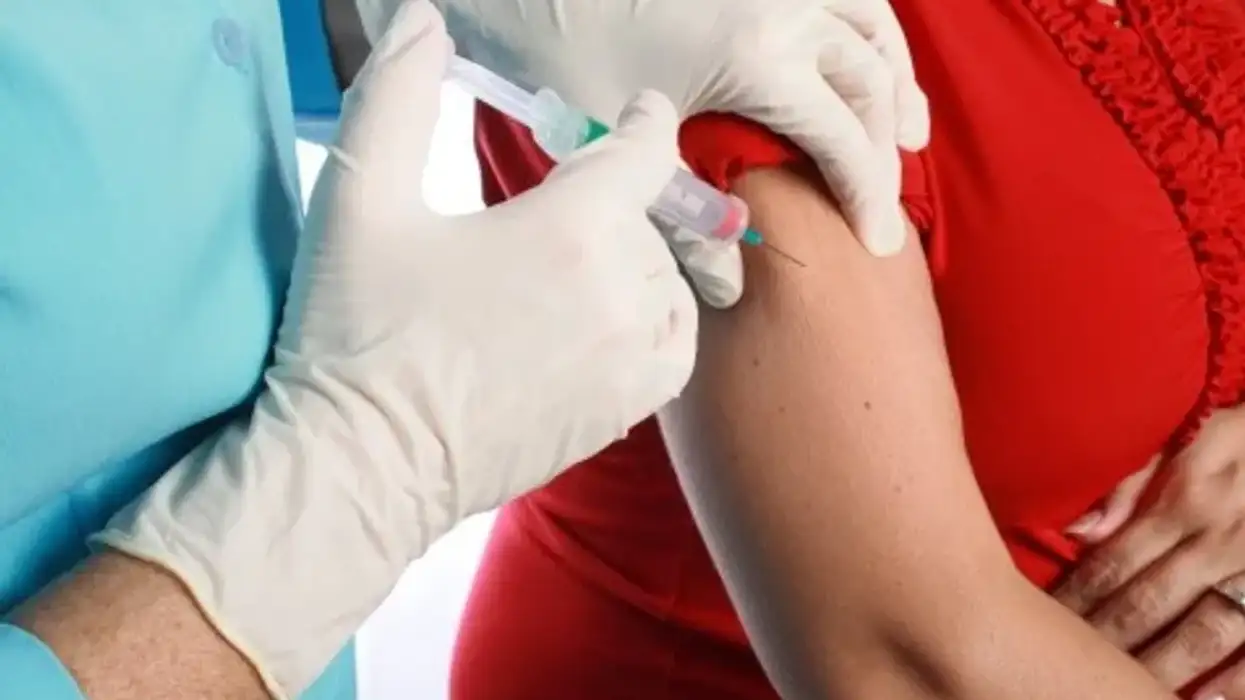The UK Health Security Agency (UKHSA) has updated Health Protection Notification Regulations (HPNR) requirements, expanding the list of notifiable diseases and pathogens.
From 6 April 2025, registered medical professionals will be required to report suspected cases of 8 additional conditions, besides existing infections.
These include:
- Middle East respiratory syndrome (MERS)
- Influenza of zoonotic origin
- Chickenpox (varicella)
- Congenital syphilis
- Neonatal herpes
- Acute flaccid paralysis (AFP) or acute flaccid myelitis (AFM)
- Disseminated gonococcal infection (DGI)
- Creutzfeldt-Jakob disease (CJD)
Under the new requirements, diagnostic laboratories testing human samples in England will also be required to report 10 additional pathogens, including:
- Middle East respiratory syndrome coronavirus (MERS-CoV)
- Non-human influenza A subtypes
- Norovirus
- Echinococcus spp
- Tick-borne encephalitis virus (TBEV)
- Toxoplasma (congenital toxoplasmosis)
- Trichinella spp
- Yersinia spp
- Respiratory syncytial virus (RSV)
- Candidozyma auris
These changes follow a public consultation and joint assessment by UKHSA and the Department of Health and Social Care (DHSC) to strengthen surveillance of both existing and emerging infectious diseases and improve outbreak response capabilities.
“These expanded reporting requirements will strengthen our ability to detect and respond to infectious disease outbreaks quickly and effectively,” said Dr William Welfare, UKHSA director of health protection operations.
He emphasised that robust disease surveillance is vital for effective public health response as the data gathered through this system helps develop and implement timely public health interventions.
“When registered medical practitioners report certain diseases, UKHSA’s Health Protection Teams will take action.”
“This might include giving antibiotics to people who’ve been in contact with patients, offering vaccines, or advising people to self-isolate. For other diseases, the reports help UKHSA track how illnesses spread and how effective interventions are,” he added.
To streamline the reporting process, UKHSA recently launched an electronic NOIDs system, enabling healthcare professionals to submit notifications online.
This digital system is faster than the old paper-based method, helping UKHSA respond more quickly to health threats and reducing the burden of reporting for healthcare professionals.













